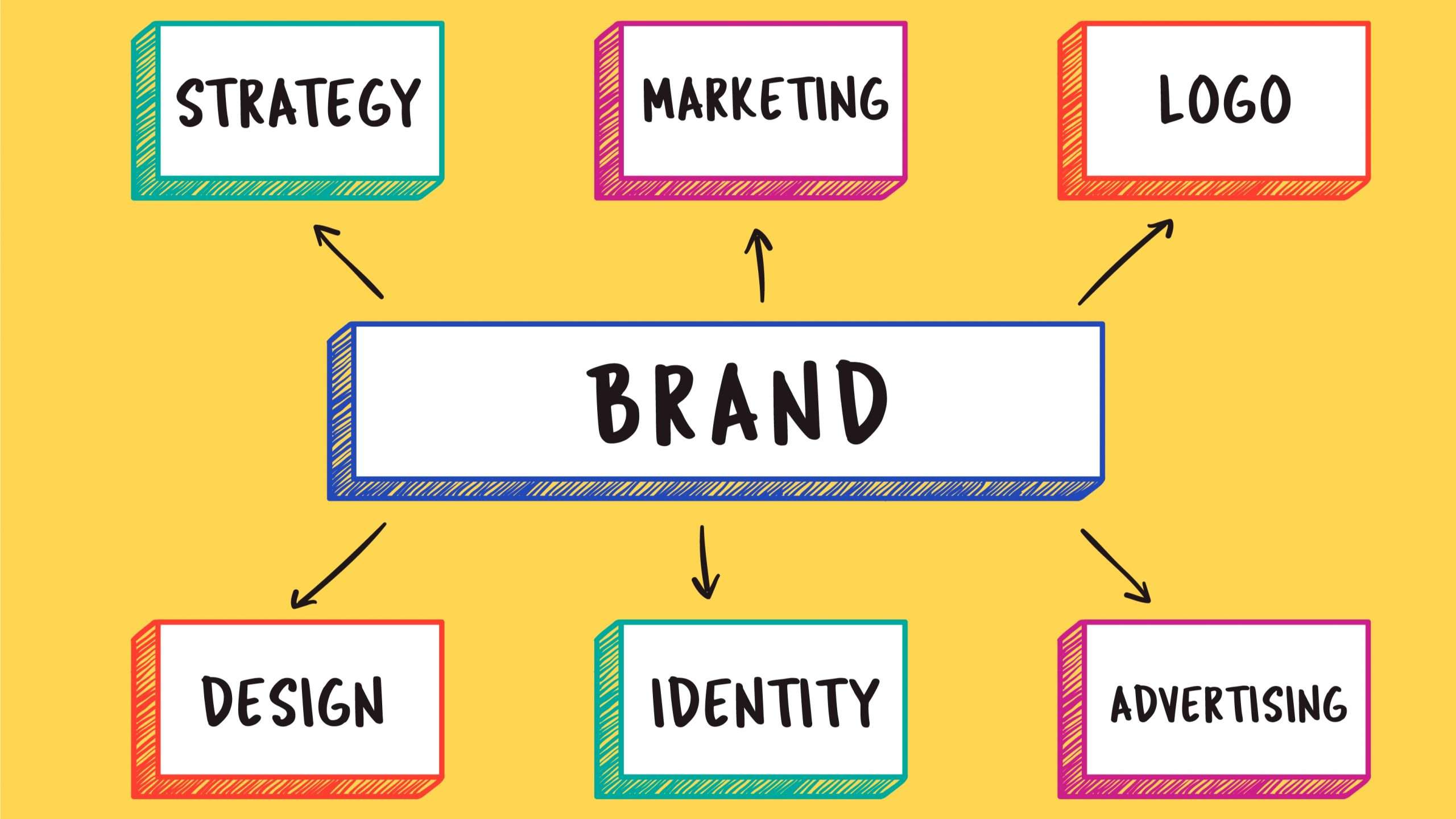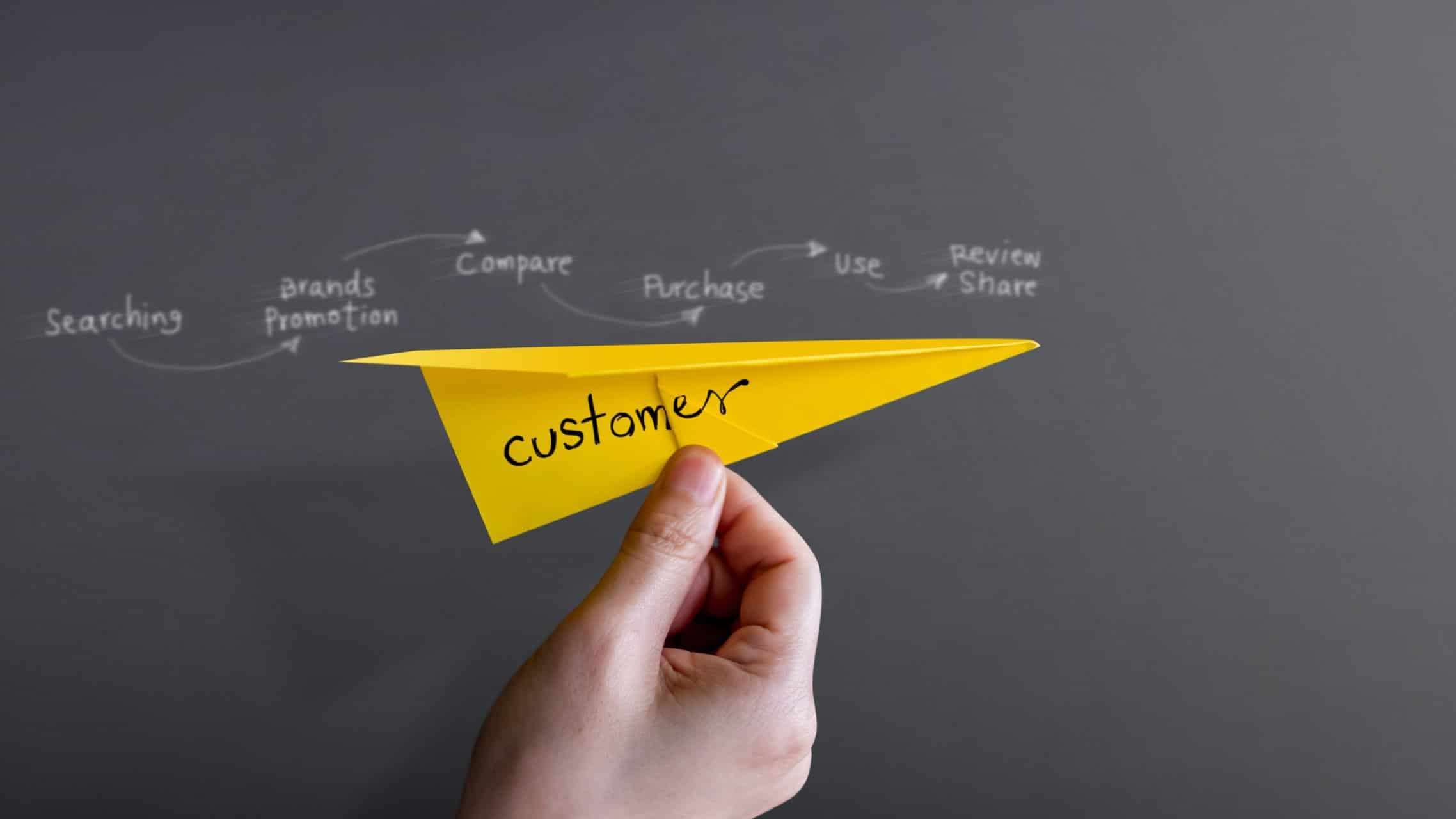It is no surprise that many people use the terms ‘brand’ and ‘business’ interchangeably.
The question of their differences, no matter how you ask it to diverse groups, will elicit different responses.
Some may propose that brand and business are one in and of itself, but in fact, they are not the same.
So, what precisely separates a business from a brand? Revenue? Brick-and-mortar locations?
When can you legitimately transition from claiming “We are a business” to “We are a brand”?
Brand vs Business by Definitions
Branding on its own is a baffling concept.
Indeed, it goes beyond company name, design, symbol and other features that distinguish a seller’s services from others.
Brand managers might say that it’s your organisation’s reputation, while consumers might say it’s about consistency in quality.
For instance, you would instantly associate ‘brand’ with big names like Starbucks and Apple, both of which have shown unwavering calibre time and time again.
There may lie some truth in those arguments; however, let us explore the definitions further.
A business is an operational entity, or a team of people, that offers services or produces products to consumers.
More often than not, it stays within its realm of business in an industry.
A brand is an image or identity that a business projects when connecting with customers.
In other words, it is how the public perceives your company, where emotions and needs come in.
Fundamentally, a brand transpires when the business has grown so extensively that it serves a greater purpose, expanding farther than its industry.
It becomes the face and voice of an enterprise, expressed through meticulous design, colour, and creative copywriting.
READ MORE: Copywriter vs Content Writer: What’s the Difference?

Are You Building a Business or a Brand?
Anyone building a business is always looking to expand their scope and offer additional goods or services to their clients.
On the other hand, building a brand means keeping its scope focused on a unique idea that will eventually embody the business.
Of course, the two are not mutually exclusive.
It is possible to develop a profitable business alongside a prominent, readily identifiable brand, but this doesn’t happen overnight nor by accident.
It takes a collective and balanced effort to establish both concurrently.
Brand building is a crucial ingredient in the business growth process, serving as a functional element for business viability.
Unfortunately, many businesses tend to obsess over one while neglecting the other, leading to a loss in profitability or dilution of brand identity.
For one, SME owners often begin their entrepreneurship with a mindset of starting the business and prospering.
They may grow their business accordingly and succeed but still fall short of satisfaction with their achievements.
But why? Because they failed to see past the basic functionality of their business.
Take an F&B company, for example.
Rather than dallying on the lines of “providing quality food and beverages”, business owners should ask themselves: What am I really selling? What is the bigger picture?
When you begin answering these questions differently, only then can you scrape the surface of a brand mindset.

What are some examples?
A business becomes a brand when it transcends its category of origin.
Here’s the rundown: you take an existing core philosophy and infuse that idea into everything else, expanding the world view on your product or service at a time.
Now, let’s explore some examples of successful branding.
1. Lego
The company had built its reputation on brilliantly engineered building blocks for children.
However, Lego has since transcended its original category by playing off its values of imagination, creativity, and fun.
Establishing itself as one of the most iconic brand names today, you can find line extensions pretty much everywhere—video games, robotics, amusement parks, and even its very own movie.
2. Coca-Cola
You don’t have to be a genius to realise that Coca-Cola is merely carbonated sugar water.
Still, people subconsciously associate it with ‘unexpected moments of happiness.’
This straightforward yet powerful concept has allowed the organisation to transcend the functional realm of bubbly beverages, becoming a symbol that connects with consumers at a deeper level.
3. Chipotle
Although not a local brand, Malaysians probably know of Chipotle.
It emphasises family farms, local sourcing, and animals’ ethical treatment, establishing a brand that surpasses yummy burritos.
If a business expands into line extensions without maintaining its brand, its brand value is bound to decrease over time. Case in point: Dell Inc.
READ MORE: 10 World Famous Logo Sample and What You Can Learn From Them
Why do I need to transform my business into a brand?
Needless to say, conveying a personality and values that align with customers’ will edge out your competition.
It encourages buyers to feel that they are making the right decision choosing you.
By having long-term goals for where to place your brand in the marketplace and mapping out how to get there—with a consistent voice and message—you may start retaining loyal customers and gaining new ones.
So, now that you understand the difference between a business and a brand, ask yourself: “What am I really selling?”
Your answer will be a critical component in whether you’re on the right path to building a successful brand.
If ever you’re in a jam developing your corporate identity, Walk Production is here to help you. We offer full corporate branding services that showcase your company’s personality.
READ MORE: Web Developer vs Designer: What’s the Difference?

